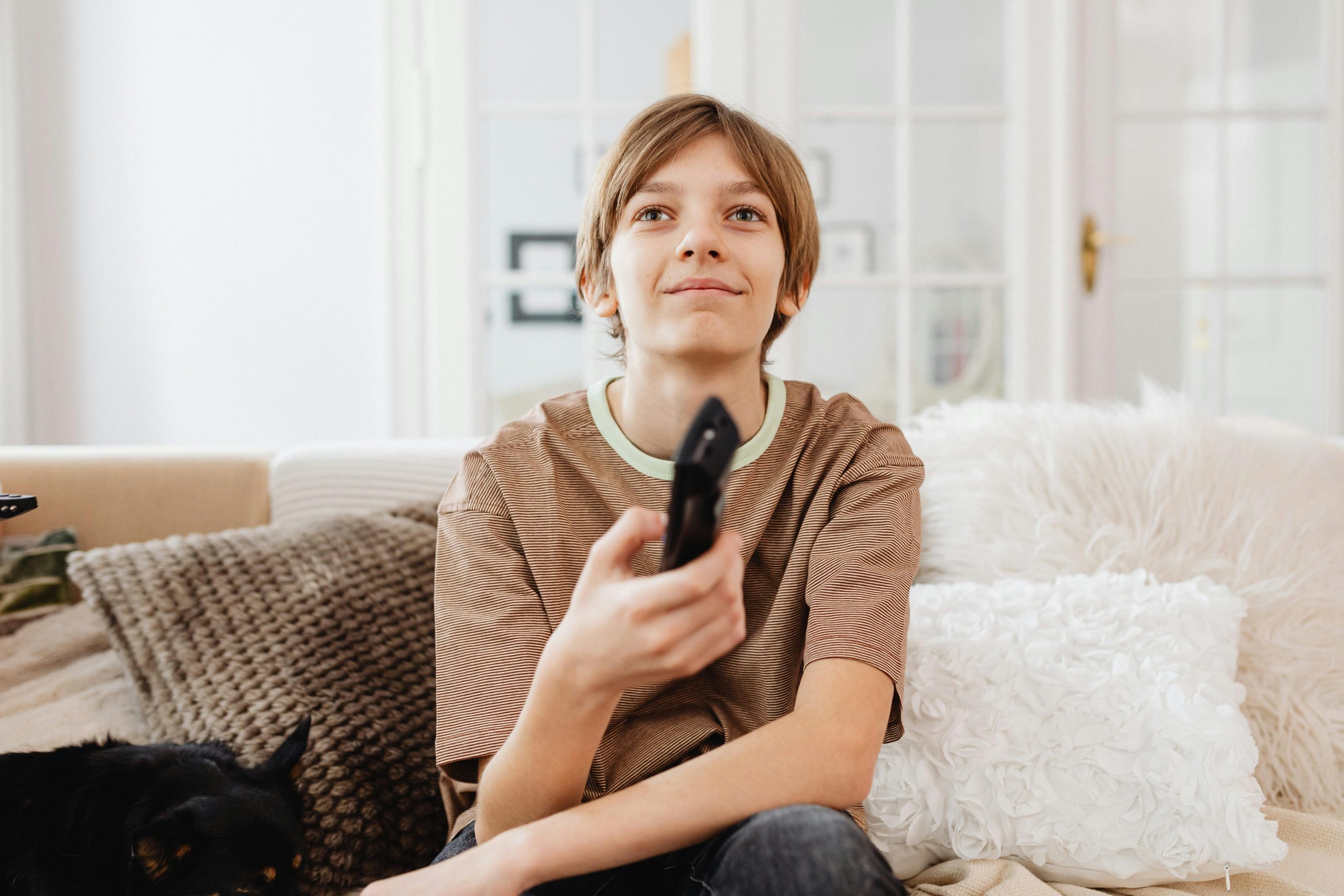

By Dr Georgia Meisel, Child Psychologist at Kidswell Health
Screens are a part of modern family life. But screen-time binges can bring out guilt, frustration, and power struggles in even the calmest households. If you’ve ever thought, “Why can’t they just switch it off?” or “I’ve created a screen monster!” — you’re not alone.
As psychologists, we’ve worked with many families navigating this terrain. Let’s explore why screen-time struggles happen, what actually helps, and how to stay calm in the moment.
👉 You might also like: How screen time affects children’s mental health
For younger children, screens offer:
For teens and tweens, screens may provide:
So, if your child craves screens or struggles to switch off, it’s rarely about laziness or defiance. Often, they’re using screens to feel better regulated or more in control.
Let’s not forget: many apps and games are designed to keep us hooked — autoplay, infinite scroll, and dopamine-reward loops are features, not bugs.
It’s not a parenting failure. It’s how the tech is built.
“You really wanted to keep watching. It’s so hard to stop something fun.”
1. Shift from control to collaboration
Teens are wired to seek independence. Work together on a screen agreement that covers:
💡 Try the free tech planner templates from Common Sense Media
2. Understand the emotional layer
Teens often use screens to:
Ask questions with curiosity, not judgment:
“What do you like about that game/show?”
“How do you feel after using it?”
3. Use screens as a window, not just a wall
Instead of seeing screens only as a barrier, use them to connect:
Sometimes the TV is the babysitter while you cook, rest, or take that work call, and that’s okay.We’re not here to add guilt. We’re here to say: it’s about balance.
Aim for:
For younger children:
“You’re really sad TV is over. I get that. It’s time to turn it off, and I’ll help you do it.”
“It’s okay to feel upset. Let’s take three deep breaths and choose our next thing together.”
For teens:
“I know it’s frustrating when I ask you to stop. I’m not trying to control you, I want to help you feel your best.”
“Let’s work out a routine that gives you time to chill and time to do other things that matter.”
Screen-time struggles aren’t a sign of failure — they’re a normal part of parenting in the digital age.
What matters most is how we connect with our children around screen time: with empathy, clarity, and consistency.
You’ve got this. And we’re here if you need support.
💬 Need support with screen-time, behaviour, or emotional regulation?
Our team of expert child psychologists and paediatricians can help.
📅 Book an appointment today to get tailored advice for your child and family.
Learn about hand, foot and mouth disease in children - early signs, treatment, contagious period, and when your child can…
Learn about RSV symptoms, causes, and treatment. Understand how to spot signs early, protect your baby and when to seek…
When a child is finding emotions, behaviour, learning or relationships difficult, parents often come across many different professional titles and…
By Debra Silver, Paediatric Physiotherapist at Kidswell Health Watching your baby reach new milestones is one of the most exciting…
Learn about positional talipes in newborns and babies: causes, treatment, recovery time, and how physiotherapy at Kidswell Health can help.
Dr Mitsu Shah explains common side effects of baby vaccinations.